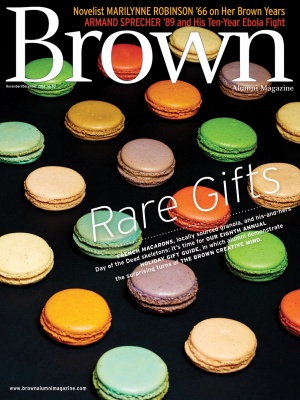It’s sometimes said that discussing religion is one of the last taboos, although books by such prominent atheists as Christopher Hitchens and Richard Dawkins at least do it the favor of serious scrutiny. What passes for talk about religion tends to be a discussion of the politics and policies of religious institutions, which, as any practicing believer will tell you, is not the same thing at all.
Marilynne Robinson’s latest novel, Lila, like its predecessors Gilead and Home,
which are peopled with the same characters living in the small town of
Gilead, Iowa, demonstrates yet again that in the hands of a masterful
writer, the struggle to live with the moral challenges of religious
belief is one of literature’s great, if unfashionable, subjects. As
Casey Cep wrote recently in a review of Lila published in the New Republic:
“Reading [Robinson’s] new novel … one wonders how critics could worry
that American fiction has lost its faith, though such worries make one
think there might well have been wedding guests at Cana who complained
about the shortage of water after witnessing the miracle with wine.”
Lila is a finalist for the National Book Award for fiction. The winner will be announced November 19.





